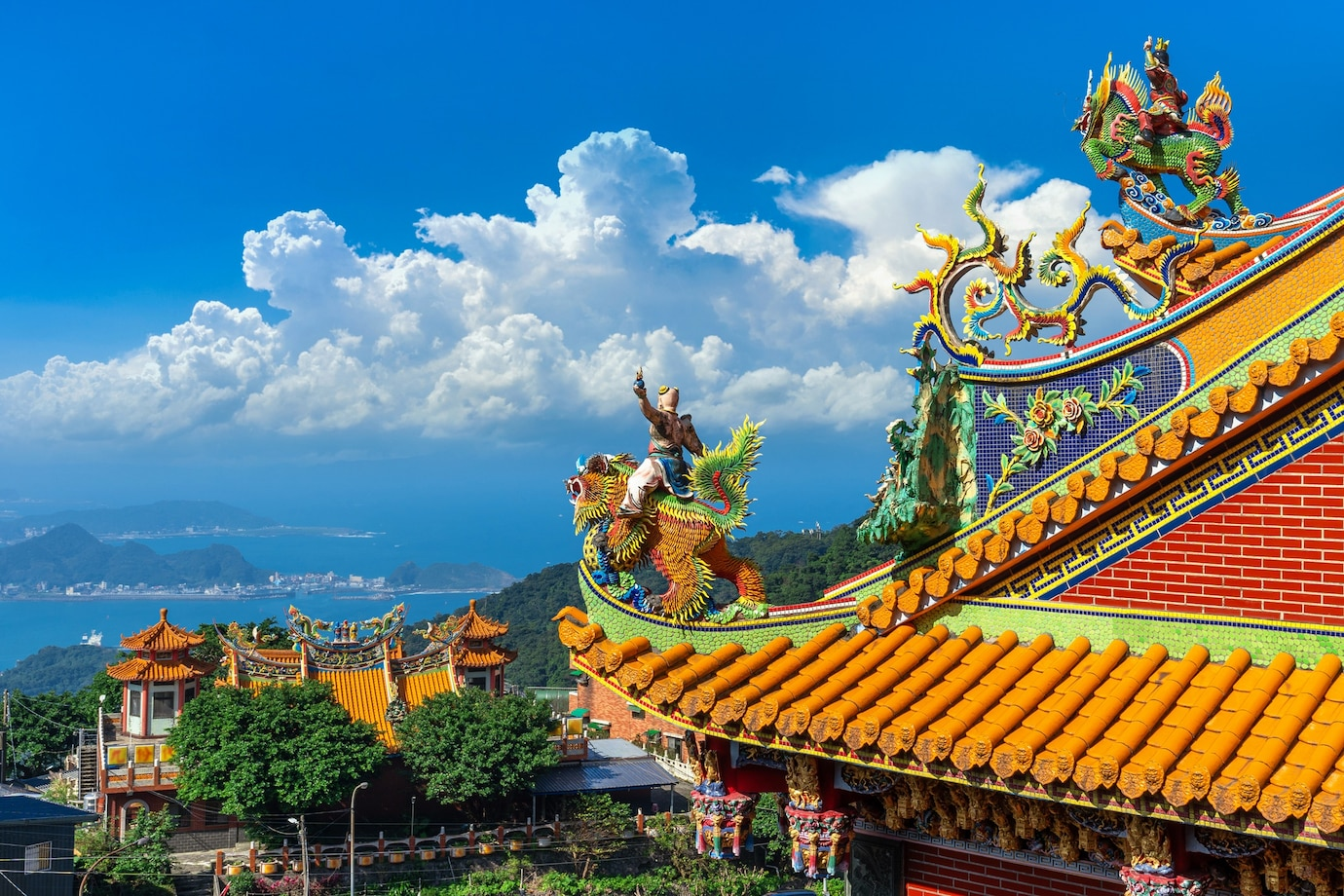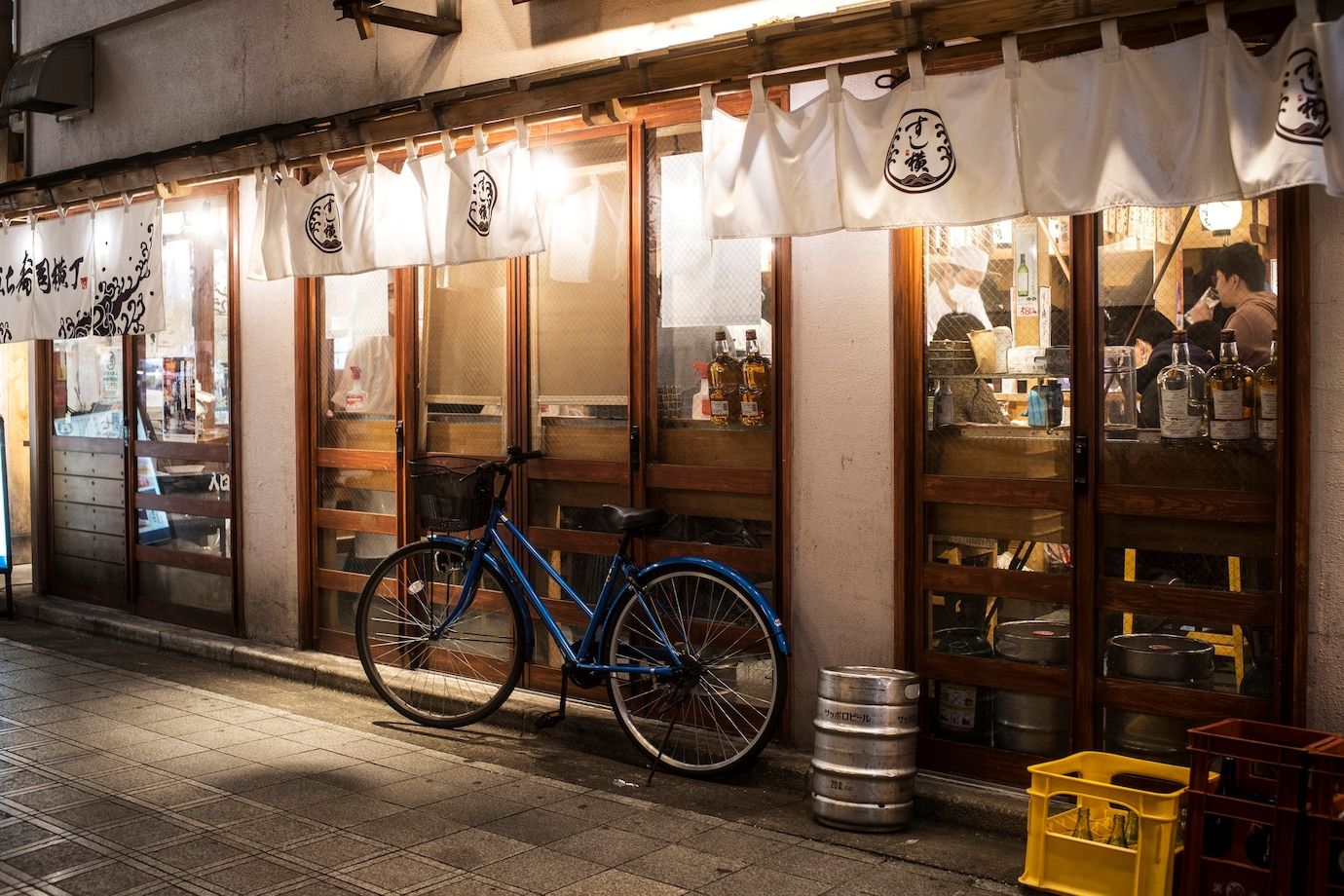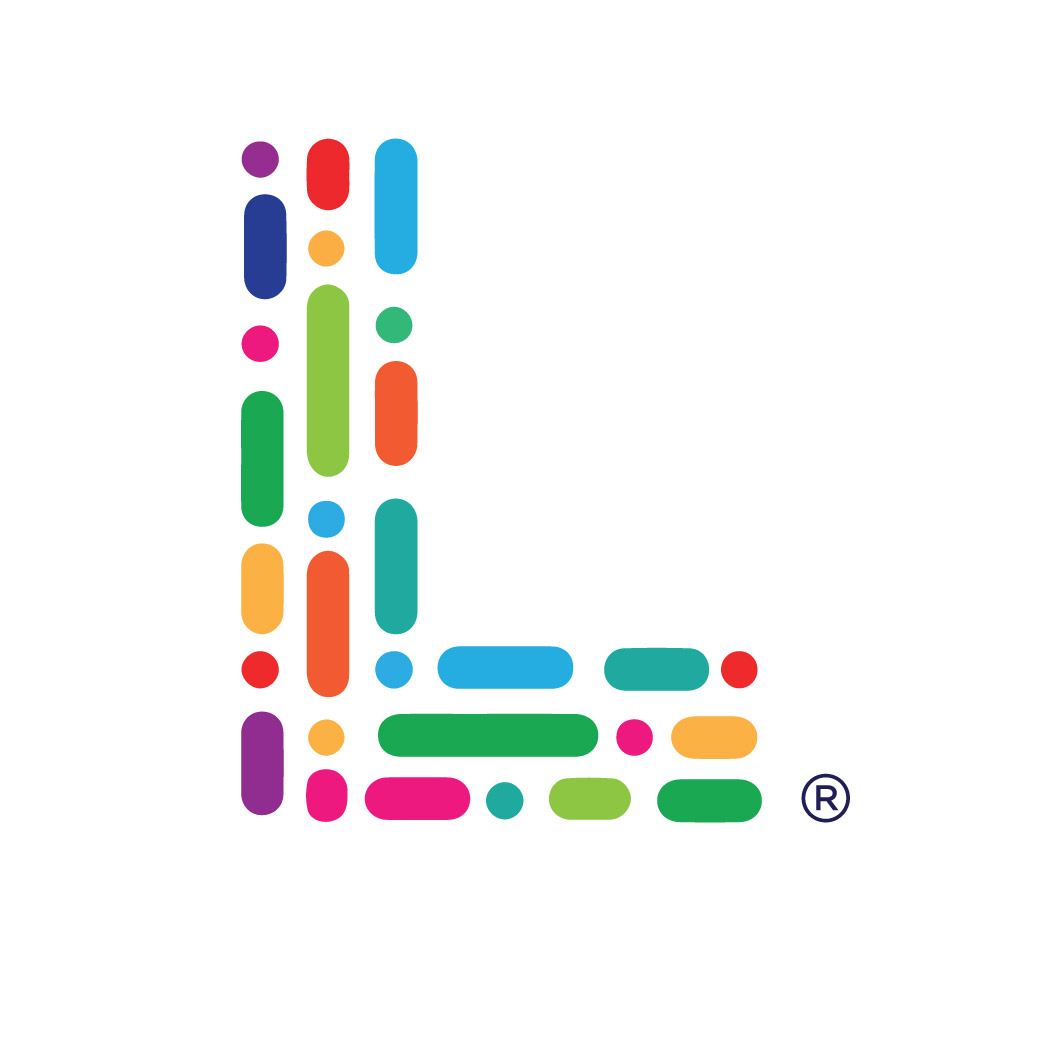LGBTQ+ rights differ greatly across the globe. Therefore, if you are an LGBTQ+ person, it is very important to take into consideration the rights of and attitudes towards the LGBTQ+ community when deciding where to go for higher studies. This feature strives to help you make an informed decision if you’re looking to study abroad in an Asian country.
The general perception is that studying in Asia as an LGBTQ+ student might not be ideal, as the region’s customs and attitudes towards the community are not as progressive as they might be elsewhere in the world. However, if you dream of studying in Asia, all hope is not lost. Below is a list of Asian countries that provide the best quality of higher education, and which are also the most progressive Asian nations when it comes to LGBTQ+ rights.
This is not to say that you will be completely safe and protected from any and all kinds of discrimination or bias – such a privilege is not guaranteed any matter where you are in the world – but when looking at the legal rights and societal opinions, these countries are on the ‘safer’ side. It could be of use to consider this information when choosing where you want to study in Asia.
TAIWAN

With an educational focus on gender equality, freedom of speech and human rights, Taiwan is one of the best Asian countries for LGBTQ+ students to consider studying in. The best cities to consider include Taipei, Kaohsiung and Taichung.
When it comes to the legal rights and recognition of LGBTQ+ individuals, Taiwan arguably has the best legal protections and recognitions in place. Taiwan legalised same-sex marriage in 2019, making it the first country in Asia to do so. In 2020, the country introduced a third gender option in official identification documents. Additionally, changing one’s gender legally is allowed but requires the individual to have undergone surgery.
Taiwan also provides protection from discrimination. This includes protection from housing discrimination, employment discrimination, refusal of the provision of services, and hate speech. Discrimination based on gender identity and sexual orientation is also prohibited in education. Lastly, conversion therapy has been banned since 2018.
Some of the disadvantages of living in Taiwan as an LGBTQ+ individual include the fact that gay couples are refused the right of joint adoption, and lesbian couples are denied access to IVF. Furthermore, transgender individuals are not allowed to serve in the military.
JAPAN

In Japan, the best cities to consider moving to for education and LGBTQ+ acceptance are Tokyo, Nagasaki, Osaka, Hiroshima and Kyoto.
The legal disadvantages that LGBTQ+ individuals in Japan face are that both same-sex marriage and adoption are illegal. Conversion therapy is legal. Additionally, there is no protection from housing, employment, or provision of services discrimination. However, there is a bill pending to be passed in Tokyo and Ibaraki, called the ‘LGBT Understanding and Enhancement Bill’, which would provide discrimination protections.
Positively, legally changing one’s gender is allowed but requires the individual to have undergone surgery.
Even though it seems like Japan isn’t the ideal place to live as an LGTBQ+ person as, like a few other countries on this list, it is behind in gay rights. The reason it is on this list is that, similar to Hong Kong, the societal attitudes towards the community are on average more accepting, and violence towards LGBTQ+ people is low. Additionally, with the growth of social awareness more and more people in Japan are identifying as LGBT, making it a safer place to be for LGBTQ+ individuals.
THAILAND

Bangkok and Phuket are the most LGBTQ+ friendly cities in Thailand. Here the limitations of LGBTQ+ rights include the practice of conversion therapy being allowed, the inability to get legally married or to adopt, and not being allowed to change one’s gender.
Positively, even though Thailand does not allow same-sex marriage, the government is actively working to legalise same-sex partnerships. If this is approved, it would make Thailand the first country in Southeast Asia to legalise same-sex civil partnerships. There are also protections in place for LGBTQ+ individuals from employment and housing discrimination. Furthermore, the country is actively being promoted as a gay-friendly country, and the societal attitudes towards the LGBTQ+ community have improved considerably since the ’90s.
ISRAEL

In Israel, same-sex couples can adopt and have access to IVF. Recently, the country lifted restrictions barring same-sex couples from surrogacy.
The practise of conversion therapy in public healthcare has been banned since 2014, and transgender individuals can change their legal gender without having to undergo surgery. Same-sex marriage is not performed, but same-sex marriages and civil partnerships from outside Israel are recognised. The country provides sexual orientation discrimination protections in employment, housing, and provision of services, but there is no protection in place from discrimination on grounds of gender identity.
Fortunately, protection from both sexual orientation and gender identity discrimination is provided in schools. Tel Aviv might be the best option for you if you are considering moving to Israel for your studies – not only is it very progressive when it comes to gay rights, but it also houses one of the best universities in Israel and it has been crowned the gayest city on earth.
INDIA
Delhi, Mumbai, and Bengaluru are some of the best cities in India that provide both good quality of education as well a relatively safer environment for LGBTQ+ people.
While same-sex activity was made legal in 2018, unfortunately, the country does not yet recognise same-sex marriage, nor do they allow same-sex adoption. However, since recognising that it was unconstitutional to criminalise consensual activity between adults of the same sex, India has been swiftly working to improve the treatment of the LGBTQ+ community by the state. India provides protection from discrimination on the grounds of an individual’s sexual orientation or gender identity.
Change of legal gender is also allowed but requires the individual to undergo surgery. Lesbians are allowed access to IVF. Like Taiwan, India legally recognises a third gender. Lastly, in 2021 the country banned conversion therapy.
HONG KONG

Hong Kong is another option for international LGBTQ+ students. Even though Hong Kong is a part of China, it has a much more liberal stance when it comes to LGBTQ+ rights, as well as a growing gay scene and better societal attitudes towards the community.
Hong Kong does not perform same-sex marriages, but they do recognise same-sex marriage from outside of Hong Kong. Change of gender on legal documents is allowed but requires the individual to have undergone surgery. Same-sex adoption is not allowed, and there isn’t much protection in place for LGBTQ+ individuals when it comes to abuse or discrimination. Lastly, unfortunately, Hong Kong still allows conversion therapy.
Even though it seems like LGBTQ+ people have limited legal rights in Hong Kong, the reason the city is on this list is because of the societal attitudes towards the community. As of January 2020, it was found that opposition towards the LGBTQ+ community in Hong Kong was the lowest it has ever been. The growing acceptance of the LGBTQ+ community makes Hong Kong a relatively decent place for LGBTQ+ people to live in.
SOUTH KOREA
The best cities in South Korea when we consider the quality of education and levels of LGBTQ+ acceptance are Seoul and Busan.
The rapidly growing K-Pop industry and its increasing influence in the West might deceive some people when they imagine life in South Korea. In reality, South Korea is the last on this list because even though it is way better than a lot of other countries in Asia, it is still a conservative society.
South Korea allows transgender individuals to legally change their gender without having to undergo surgery. There is protection from discrimination based on sexual orientation and gender identity in employment and housing, as well as from refusal to provide service; however, this is not nationwide. Same-sex marriage and same-sex adoption are illegal in South Korea, and conversion therapy is still allowed.
The South Korean military has a history of imprisoning gay soldiers for ‘reciprocal rape’ and labelling homosexuality as a ‘personality disorder’. There is stigma around people living with HIV/AIDS, and a history of these patients being refused care by doctors. Out of all the countries on this list, the overall societal attitudes towards the LGBTQ+ community might arguably be the worst in South Korea, but attitudes are changing.
On the bright side, there is no censorship of LGBTQ+ media, and the younger generations are becoming more and more accepting as time goes on. This is by no means saying that South Korea is the best place to be as an LGBTQ+ student but it certainly is not the worst.
Hopefully, this helps put things more in perspective and gets you closer to making the right and informed decision on where to study in Asia. Please look forward to future articles where we look at more continents around the world and consider even more suitable countries for LGBTQ+ students.

If you are considering studying abroad why don’t you discuss your prospects and opportunities with experts at Lurnable’s dedicated study abroad counselling division LurnPathways?





